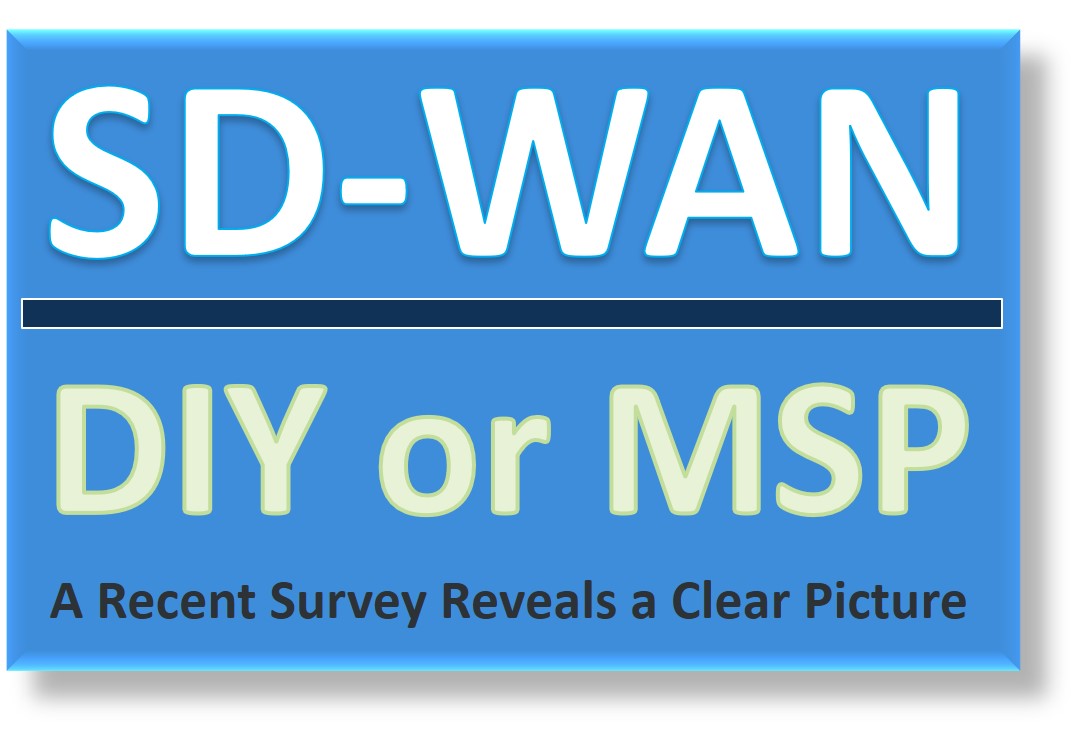Dennis knew who was calling before he saw the caller ID. Christopher was the CEO of a financial services organization that used Dennis’s company for IT help desk support. The problem was that Christopher called for support non-stop. Christopher’s account was worth a lot of money each month and the check always showed up before the bill was due, but the constant phone calls and emails were a lot for Dennis and his team to handle. They had sold Christopher on “unlimited phone support between 9am and 5pm,” but never expected him to take it literally.
Close your eyes and think of your most difficult client. You know, the one that calls repeatedly, and for whom everything is CRITICAL or IMPORTANT or simply CANNOT WAIT FOR RESOLUTION. When you see their number on your caller ID, your stomach drops a little because you know answering might be stressful. Maybe you aren’t so eager to answer. Maybe you even let it roll over to voice mail and secretly hope that perhaps the client will find a different supplier or vendor and eventually leave you alone entirely. You may have more than one client that fits the description. It’s okay – we’ve all been there.
But the truth is, the long-term success of your business is built on these difficult clients. Why? Because if difficult clients are still calling you, it means they think your team can solve their problem. They trust your expertise to address an issue that they can’t address themselves, and as long as they are calling, then they are satisfied with your work. Being the solution to the problems of people that are difficult or challenging to work with is a great place to be! Clients that are easy to deal with for you likely would be easy to deal with for another provider, too. As a result, the “stickiness” of easy customers is built on things ancillary to the work you do. And while the relationship you boast of building with a client is no doubt a source of pride, it ultimately means little if a competitor can save that client substantial sums of money or offers some other attractive incentive.

Demanding clients may tax your staff, but many of them are worth it!
Image courtesy of ECI.com
Difficult clients don’t have the same options. Finding another provider to put up with their demands may be impossible. These difficult customers that not everyone can help are good for your business as they are likely tied in to working with you because as long as your business is capable of handling their demands. After all, most difficult customers know they are difficult. They know they are a tax on your resources and – even though they don’t come right out and say it – they know that not everyone can help them. Each time they call for help or send you an order, it’s an affirmation of your relationship. They are confirming what you already know: they can’t call “just anyone,” but they know and appreciate that they can depend on you.
You might think that this runs counter to our recent discussion about cutting ties with difficult customers. My encouragement then was to find a way to stop working with customers that don’t pay their bills, don’t respect you, or ask you to perform work that is not aligned with your core offering. But customers that pay their bills and ask you to do exactly the type of work in which you specialize? The exact work you promised them you could do when you agreed to work together? Those customers are valuable regardless of how much they try your patience. The difference between “difficult” customers and “bad” customers is a distinction you would be well-served to understand and take advantage of.
Client loyalty and buy-in can be found in a variety of ways. The next time you think that the only clients you want to work with are the ones that are stress-free, keep in mind that your competition likely feels the exact same way. That means there is a HUGE underserved market of difficult or challenging clients just looking for the right provider. Could it be you? If you need a partner that takes challenging technical problems and turns them into great solutions, contact Mosaic NetworX today!




